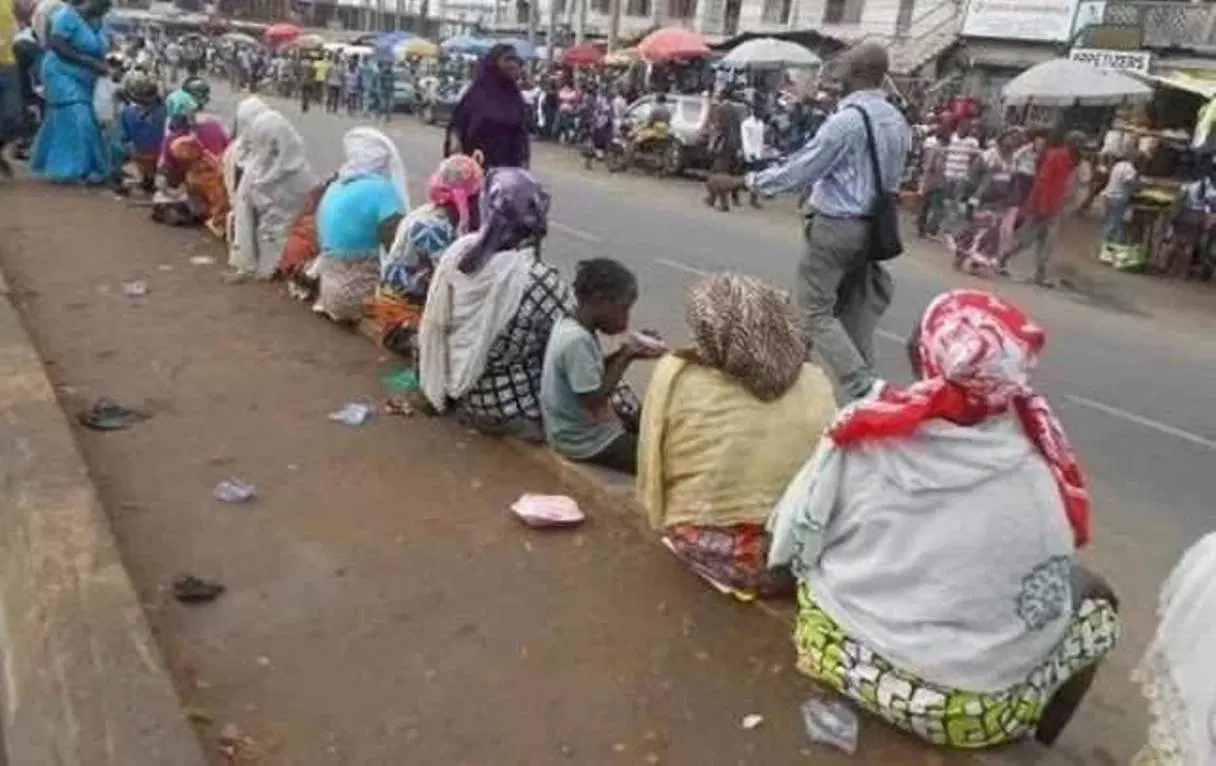“That is what has extended into our tradition of giving. The current economic situation has killed pity.”


Nigerians are widely recognized for their tradition of giving alms to those in need.
Many believe that the needy, especially beggars, are angels sent to test their generosity.
Economy&Lifestyle discovered that the development has made most roadside beggars, who are known to quit begging by 5 p.m., now extend their routine till late night, to meet their daily targets.
Hauwa Garba, a mother of three who begs for a living, said: “People hardly give us money nowadays. I have been begging since 2018.
“Then people will give N500, N200, clothes, food for myself and children.
“Now, people don’t even look at you or the children. The act of giving has reduced a lot.
“The highest denomination I received today was N100.
“Even the sharing of food packs hardly happens now and when it does the packs contain little quantity unlike before when you have a lot to eat and even waste.
“It is even difficult to see them give basic necessities such as clothes, drugs, tissue paper, pampers and so on as it was a routine then.
“They now give these items to people closer to them.
“I don’t blame them but the poor economy.
“So to meet up with footing my bills, I beg till late night. “This is because I pay for the space I retire to after begging. There are very many of us living there and everyone must pay their share of the rent.”
In Nigeria, there are various grades of beggars and each category sticks to a particular belief of the various cultural backgrounds in the country.
There are beggars with children, there are the old, those who are handicapped and some that you meet on the street seeking financial help or food for survival, there are beggars seeking help to resolve medical issues among others.
On his part, Dogo Kubure, a handicapped in his 40’s, said he started closing by 9 p.m. after heeding the advice of a fellow beggar to extend their begging time to meet up with their target.
Former Governor of Benue State, Chief Samuel Ortom, has called off all planned celebrations for…
Benue State Governor, Hyacinth Alia, has appointed renowned music icon, Innocent "2Face" Idibia, as the…
Governor Hyacinth Alia has stressed the importance of taking a clear-eyed, strategic approach to security…
The National Agency for the Control of AIDS (NACA) has released its 2024 HIV spectrum…
Benue State Governor Hyacinth Alia and National Security Adviser (NSA) Nuhu Ribadu have offered contrasting…
At least 11 people have been confirmed dead following a fresh attack by suspected armed…